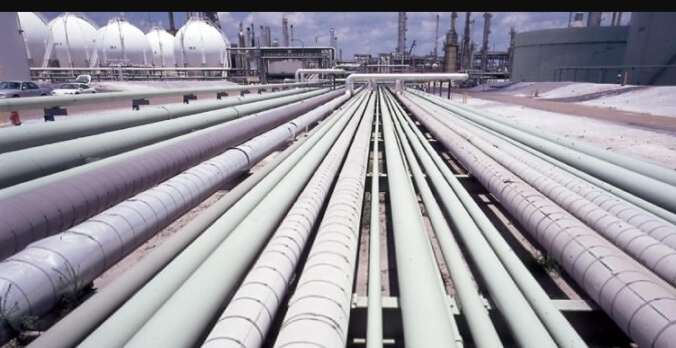Business Watch
Nigeria’s Oil Company NNPCL Shells Out N61bn to Maintain Pipelines Amidst Concerns of Aging Infrastructure

Nigeria’s Oil Pipelines: A Ticking Time Bomb Despite N61bn Maintenance Spend.
Sometimes, despite significant investments, infrastructure challenges persist. The Nigerian National Petroleum Company Limited (NNPCL) spent a substantial N61 billion on pipeline maintenance between 2022 and 2023, yet the country’s oil transportation pipelines remain in a state of disrepair. According to the company’s financial statements, N45.8 billion was allocated for pipeline maintenance in 2022, followed by an additional N16.2 billion in 2023.
However, Minister of State for Petroleum Resources, Heineken Lokpobiri, revealed that the pipelines, built in the 1960s and 1970s, have exceeded their lifespan and become corrosive. This has resulted in significant challenges in evacuating crude oil, with pipeline vandalism and decay exacerbating the issue.
Lokpobiri emphasized the need for public-private partnerships to address the problem, citing the lack of funds to replace the outdated pipelines. He suggested that private sector investment, through global models like PPP, could help revitalize the oil sector and restore confidence in the country’s investment potential.
The minister’s statements highlight the complexities of Nigeria’s oil infrastructure challenges, despite significant maintenance expenditures. The call for private sector involvement underscores the need for collaborative solutions to address the country’s energy sector woes.
The Nigerian government’s admission of its oil pipelines’ decrepit state raises concerns about the potential environmental and economic consequences of a catastrophic failure. The pipelines, which have exceeded their lifespan, pose a significant risk to the environment, human health, and the economy.
The N61 billion spent on pipeline maintenance over the past two years seems to have had little impact on addressing the underlying issues. The continued reliance on outdated infrastructure threatens to undermine Nigeria’s oil production and export capabilities, potentially destabilizing the economy.
Minister Lokpobiri’s call for public-private partnerships to revamp the oil sector highlights the need for a collaborative approach to address the country’s energy infrastructure challenges. However, the success of such initiatives depends on various factors, including the government’s ability to create an enabling environment for private sector investment.
As Nigeria grapples with the challenges of its oil infrastructure, the international community watches with keen interest. The country’s ability to address these issues will have far-reaching implications for its economy, environment, and people.
The fate of Nigeria’s oil pipelines hangs in the balance, and the clock is ticking. Will the government’s efforts to revamp the sector be enough to prevent a disaster, or will the country’s oil infrastructure continue to pose a significant risk to its future? Only time will tell.
